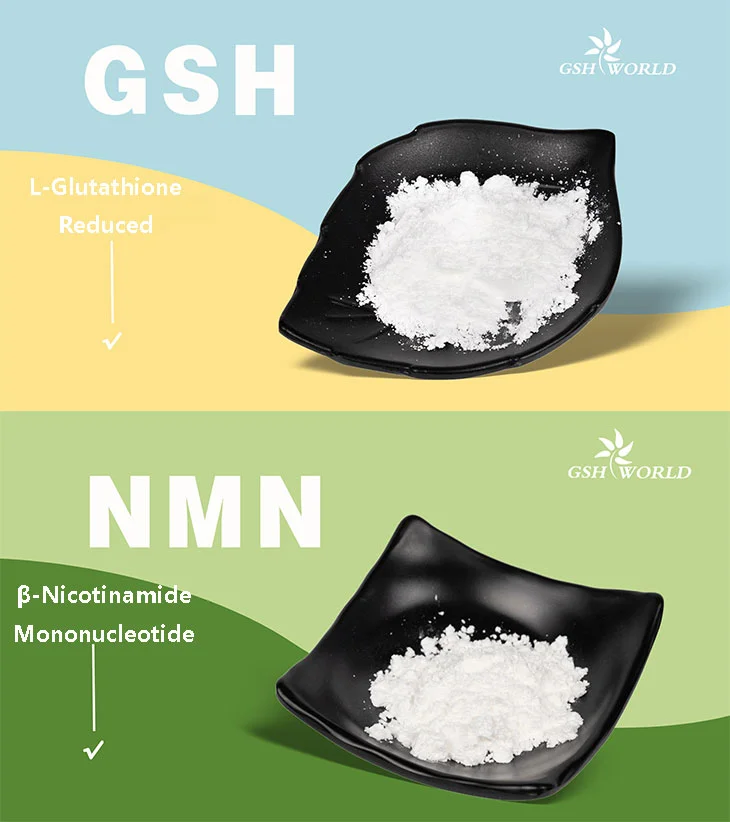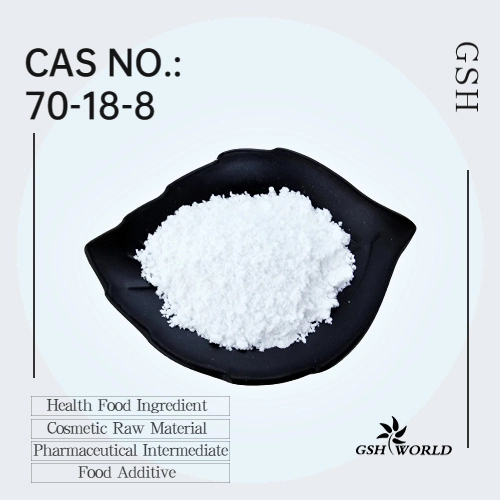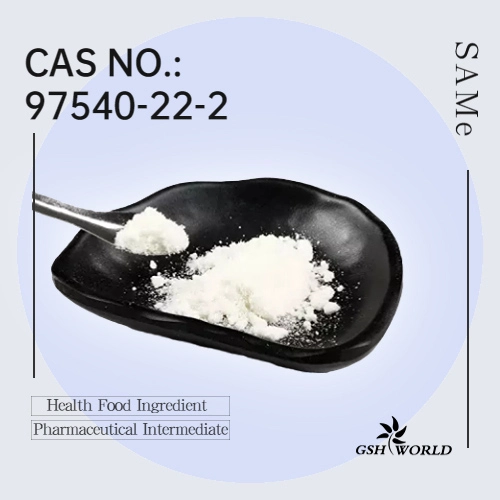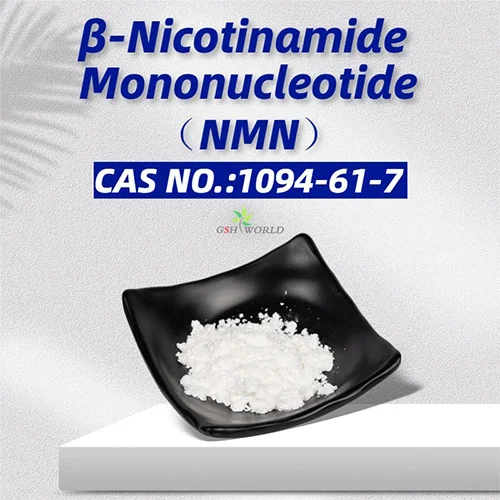Weight Management and Dietary Supplements
Against the backdrop of steadily rising global obesity rates, weight management has become a public-health priority. Beyond the traditional mantra of “eat less and move more,” dietary supplements—prized for their convenience and targeted effects—have emerged as a popular adjunct. Research indicates that, when chosen judiciously, supplements can support weight-loss efforts, provided their safety and efficacy are thoroughly understood.
Common weight-management supplements can be grouped by mechanism of action.

1. Boosting metabolism and energy expenditure
Caffeine and green-tea extract (GTE) are thermogenic agents that raise metabolic rate, increasing energy use. Up to 400 mg of caffeine per day—roughly 3–4 cups of coffee—is considered safe for adults and can produce modest reductions in body weight and fat. The green-tea catechin epigallocatechin gallate (EGCG) should be limited to 300 mg/day to avoid liver toxicity; combined with caffeine, its weight-loss effect is amplified.
2. Modulating metabolism and inhibiting fat synthesis
Green-coffee-bean extract (GCBE) and capsaicinoids act by metabolic modulation. The chlorogenic acids in GCBE inhibit fat synthesis and, when used for up to 12 weeks, can improve body weight and waist circumference, though longer-term data are lacking. Capsaicinoids increase energy expenditure and suppress appetite; daily intakes up to 33 mg are well tolerated and can serve as a useful adjunct.
3. Enhancing satiety to support weight loss
Other compounds work by increasing satiety or improving lipid metabolism. Glucomannan, a high-fiber polysaccharide, expands in the stomach to create fullness when taken at ≥3 g/day; coupled with a calorie-restricted diet, it can aid weight loss, but adequate water intake is essential to prevent esophageal obstruction. Choline, an essential nutrient, promotes hepatic fat metabolism and helps prevent fatty liver, yet direct evidence for weight reduction remains limited.
It is important to emphasize that these supplements are not “slimming drugs.” Balanced nutrition and regular physical activity remain the cornerstone of weight management; supplements should be viewed only as a scientifically informed addition to a healthy lifestyle.
Reference: Mah, E., et al. Dietary Supplements for Weight Management: A Narrative Review of Safety and Metabolic Health Benefits. Nutrients, 2022, 14(9): 1787.
by GSHWORLD
GSHWORLD is China Biological API Manufacturer. China Glutathione Supplements powder suppliers & best Glutathione benefits raw material Factory.













